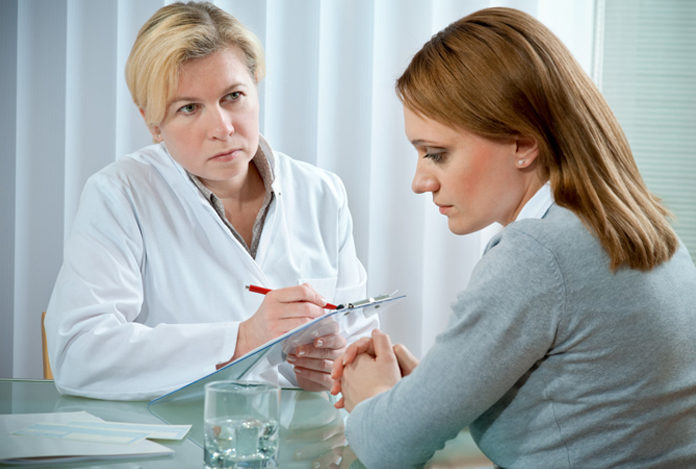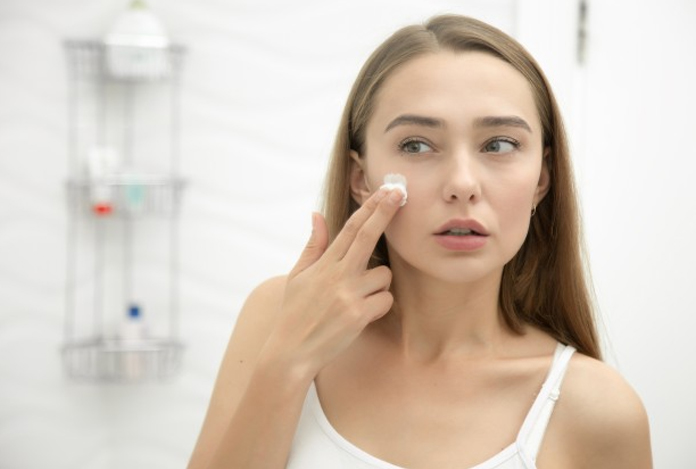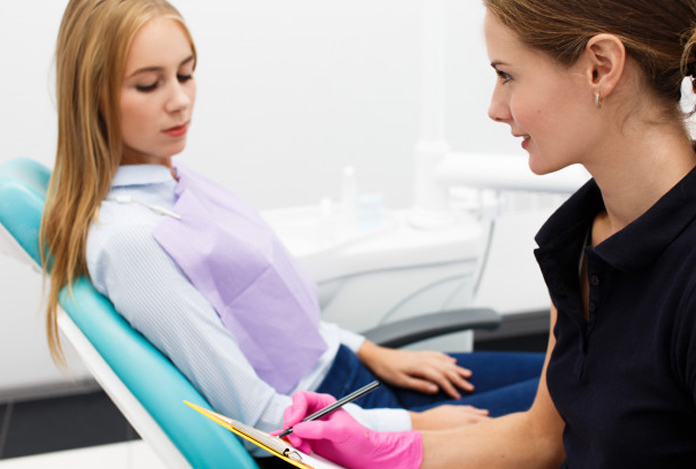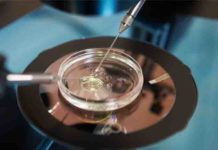
Female infertility is a situation when a woman is not able to get pregnant despite having unprotected and regular sex for at least a period of one year. It depends on the duration, i.e., for how long a woman has been trying to conceive, as well as the age of the person.
The exact cause of infertility in females is hard to detect and usually requires a medical help. Age is never considered as a barrier when you want to achieve something. But, when it comes to getting pregnant, age can be the most decisive factor. Infertility in females declines with age. It usually begins to decrease in the early 30s and generally, this decline accelerates after the age of 35. As a woman reaches 40, she has just 5% chance to get pregnant.
In case a woman is struggling to plan a baby, infertility treatment can be very helpful. In this regard, the very first thing you need to understand is what infertility is and how to identify its symptoms on your won or by consulting a physician.
Relationship Between Age and Infertility
There exists a strong relation between a woman’s age and infertility:
- After the age of 32, a woman’s chance to conceive decreases gradually.
- After the age of 35, the decline speeds up.
- By the age of 40, the chance to conceive becomes half.
- The chance to conceive each month is 20% in the 30s, but it reduces to just 5% in the 40s.
As per various studies, after having unprotected sex for 1 year, around 12% to 15% of the couples fail to conceive, and if you double the duration, just 10% of the couples still have not had a live-born baby. Approximately 40% to 60% couples, who are less than 30 and healthy, are able to conceive in the first 3 months of trying.

Symptoms of Infertility
Although the most common and major symptom of infertility is not getting pregnant, there can be other health issues a woman may ignore as a symptom. Let’s have a look.
Problem in Menstrual Cycle
Changes or problems in menstrual cycle or ovulation can be the symptoms of infertility.
- Unusual Period: Bleeding during periods is lighter or heavier than usual.
- Painful Period: Pelvic pain, back pain or cramping may occur.
- Irregular Period: Number of days between the periods varies every month.
- No Period: The period suddenly stops, or you never had a period.

Hormonal Imbalance
Hormonal problems can also be responsible for female infertility. Such problems can present themselves as:
- Changes in the skin, including the appearance of more acne
- Hair thinning or hair loss
- Reduced desire for sex
- Hair growth on the lips, chin and chest
- Weight gain

Right Time to Start Infertility Treatment
Considering various psychological factors like depression, frustration, anxiety and stress, deciding the appropriate time to start the infertility treatment can be a challenging task. The following guidelines may help you take the decision regarding the same.
It is high time to consult an expert if you are:
- Under 35 years and trying to get pregnant for more than 12 months
- Over 35 and making efforts for 6 months
- More than 40 and trying to get pregnant for 3 months
At this point, it is important to remember that with age, the chance to conceive a baby gradually decreases.

Meeting a Fertility Expert
Following an initial discussion and in-depth study of your medical history, an expert may ask for a series of tests and a thorough body checkup. This may include some blood and hormone tests that can help the expert to understand your status and identify the actual cause of your infertility. Some fertility problems are easy to resolve, while a few can be complicated and may take time to be treated. This could vary from person to person.
If you are 35 years or above, the expert may treat you with a different approach in comparison to younger couples. Although no medical treatment can assure you a healthy baby even after getting pregnant, latest advances in medical science and technology have now made it possible for millions of couples across the globe to have healthy babies.

General Causes and Treatment for Female Infertility
The treatment for fertility problems focuses on curbing the factors that are restricting a woman to become pregnant. However, in many cases, the cause remains unknown. Discussed below are several factors that can lead to female infertility:
- Ovulation Problem: This treatment may include taking medicines like metformin to treat polycystic ovary syndrome (PCOS). It is a hormonal disorder, which causes enlarged ovaries with small cysts on the outer edges. Clomiphene is another medicine that can be used to stimulate the ovary to release eggs.
- Anonymous Infertility: If the doctor is unable to identify the reason despite having an in-depth study of your problem, the treatment may include hormone injections, clomiphene and insemination.
- Blocked/Damaged Tubes: The doctor can suggest tubal surgery in case the fallopian tubes are blocked or damaged. Fallopian tubes help eggs to travel from ovaries to the uterus.











